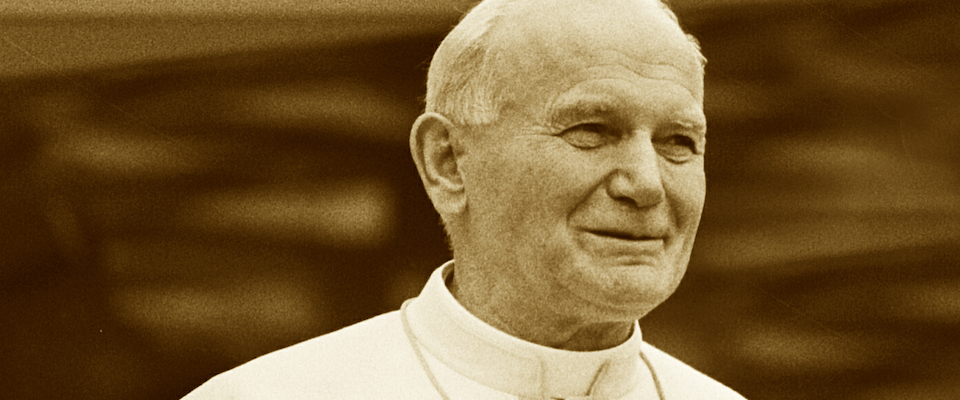
On September 14th, the Church celebrates the twentieth anniversary of the publication of the encyclical “Fides and Ratio” of Saint John Paul II.
St. John Paul II invites all men, mainly women and men of thought, to the audacious and rigorous exercise of the constitutive reason of their being, beyond their differences; in order to reach the truth.
He insists on the nobility and the decisive importance of what he indifferently calls “reason”, “philosophical reason”, “right reason”, or “philosophical-religious reason” common to all human beings.
“The link between faith and reason as it now stands needs to be carefully examined, because each without the other is impoverished and enfeebled. Deprived of what Revelation offers, reason has taken side-tracks which expose it to the danger of losing sight of its final goal. Deprived of reason, faith has stressed feeling and experience, and so run the risk of no longer being a universal proposition. It is an illusion to think that faith, tied to weak reasoning, might be more penetrating; on the contrary, faith then runs the grave risk of withering into myth or superstition. By the same token, reason which is unrelated to an adult faith is not prompted to turn its gaze to the newness and radicality of being.” (n° 48)
“The more human beings know reality and the world, the more they know themselves in their uniqueness, with the question of the meaning of things and of their very existence becoming ever more pressing… A cursory glance at ancient history shows clearly how in different parts of the world, with their different cultures, there arise at the same time the fundamental questions which pervade human life: Who am I? Where have I come from and where am I going? Why is there evil? What is there after this life? (n°1)
During the last twenty years, especially in medicine and biology, relativism has progressed inexorably.
Relativism denies the possibility of proclaiming the first truth of an act, its objectivity, in the sense that it is accepted that there exists a reality having a meaning and a consistency independently of the knowing subject.
Relativism leads, as far as knowledge is concerned, to skepticism; as regards morality, to “morality à la carte“; and with regard to religion, indifferentism.
Facing this compulsive transgression in all areas, philosophy no longer claims a real discourse of truth. Emotivism has replaced rationality.
As for science, she admits that her truth is approximate and progressive.
Facing the relativistic derision that undresses the sacred, faith appears more and more as a space that can give rise to rationality.
More than a dialogue – an articulation – between faith and reason, as St. John Paul II asked, it is imperative today, to re-invest the expanded space of rationality, because it is unfortunately in crisis.
As J. Ratzinger-Benoit XVI has often stated, it is imperative today to bring out reason of the cage where rationalism has contained it, to expand the space of its exercise again. This is necessary so that the sciences, concretely biology and medicine, not only continue to know what they realize, but come to understand the deep and ultimate meaning of what they do and thus have the normative (ethical, moral) criteria that would allow to regulate their actions (telling them what they can or can not do).
Prof.Dr.Bernard Ars
Président FIAMC.